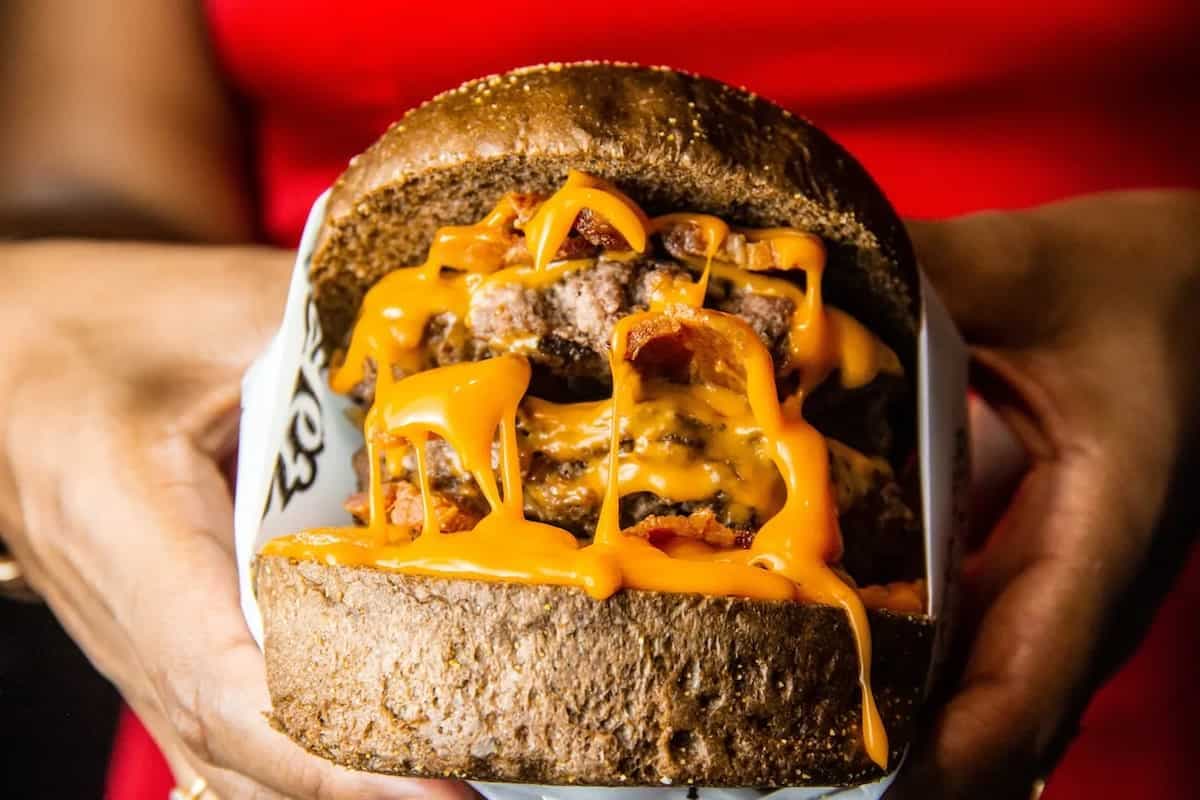Junk food has been a staple in our diets for generations. It's fast, easy, and delicious, but what is it about these high-fat, high-sugar, and high-salt foods that make us crave them so much? The answer is simple: they are designed to be addictive.
Let's start by defining exactly what junk food is. Junk food is defined as food that is high in calories, low in nutrients, and often contains high levels of sugar, salt, and fat. Think of fast-food items such as burgers, fries, and pizza, as well as processed snacks like chips, cookies, and soda.
Junk Food and its Origins
The origin of junk food can be traced back to the early 20th century in the United States. At the time, industrialization and advancements in transportation made it possible to mass-produce and distribute food products on a large scale.
The first types of junk food were simple, such as candy and soda, which were sold in penny candy stores and soda fountains. However, with the advent of fast-food restaurants in the 1950s and 1960s, junk food became more widely available and popular.
Fast food chains like McDonald's, Burger King, and KFC were among the first to introduce fast, convenient, and affordable meals that could be served quickly and efficiently. These meals typically consisted of hamburgers, French fries, and soda, and they were marketed as quick and easy options for people on-the-go.

As the demand for junk food grew, so did the variety of products available. Snacks like potato chips, candy bars, and soft drinks became increasingly popular, and food companies began to develop new and innovative products that were designed to be addictive.
Today, junk food is a ubiquitous part of our modern diet, with fast food chains, convenience stores, and vending machines offering a seemingly endless supply of sugary, salty, and fatty foods. While these foods may be convenient and tasty, it's important to remember that they can have negative health consequences if consumed in excess.
Why We Are Addicted to Junk Food
Well, it turns out that our brains are partly to blame. The food industry spends billions of dollars every year on research and development to create foods that are not only tasty but also trigger the reward centers of our brain. Junk food triggers the release of dopamine, a neurotransmitter that plays a key role in the brain's reward system. When we consume junk food, our brain releases dopamine, giving us a feeling of pleasure and satisfaction.
The problem is that our brains can quickly become accustomed to this rush of pleasure, leading us to crave more and more junk food to achieve the same level of satisfaction. This can escalate into a cycle of addiction, where we consume junk food impulsively, regardless of the negative health consequences.
Another reason why junk food is so addictive is that it's often designed to be addictive. Food companies spend millions of dollars on research to perfect the taste, texture, and appearance of their products. They use a combination of salt, sugar, and fat to create a flavor profile that triggers the reward centers in our brains.
Like it or not, junk food is extremely convenient as a quick snack on the go, or to satiate hunger pangs in between meals. In our fast-paced modern society, we often don't have the time or energy to cook healthy meals from scratch. Junk food, on the other hand, is readily available and requires little to no preparation. It's easy to grab a burger, fries, and a soda on the way home from work instead of cooking a nutritious meal.
Additionally, junk food is often marketed as being "fun" and "indulgent", making it all the more appealing to our cravings. We see commercials and advertisements that make us think of junk food as a way to reward ourselves or relax after a long day.
However, the long-term effects of consuming too much junk food can be devastating. Studies have shown that a diet high in junk food can lead to obesity, diabetes, heart disease, and other health problems. These foods are often high in calories and low in nutrients, and they can disrupt our body's natural hunger and satiety cues, leading to overeating and weight gain.

So, what can we do to avoid falling victim to junk food addiction? Here are some tips:
1. Practice moderation: It's okay to indulge in your favorite junk food every once in a while, but try to practice moderation. Don't make it a regular part of your diet.
2. Choose healthier snack options: Instead of grabbing a bag of chips, opt for fresh fruit or vegetables. This can still satisfy cravings while also providing important nutrients.
3. Be mindful of marketing tactics: Don't fall for marketing tactics that make junk food seem like a necessary indulgence or a reward. Remember that these companies are trying to sell a product, not promote your well-being.
The combination of sugar, fat, and salt, the convenience, and the marketing all play a role in our addiction to these foods. While it may be difficult to resist the allure of junk food, it's important to remember the negative health effects that come with consuming too much of it. By making a conscious effort to eat a balanced diet and limit our intake of junk food, we can improve our overall health and well-being.


